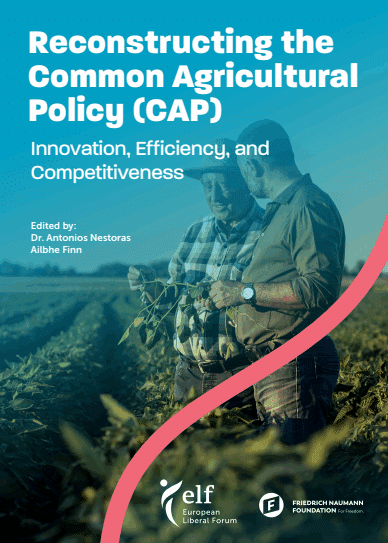Reconstructing the Common Agricultural Policy (CAP)
Agriculture is an intersection of many political issues. On one hand, it is a deeply cultural issue connected to old traditions, the landscapes of old tales and the food of our grandmothers. On another, it is the ecosystem of economic activity that fuel rural areas, provide nutrition to growing populations and ensure trade worth millions of euros every year. Finally, the practice and policy of agriculture make us question the rights we have in relation to nature, as guardians or equals, in producing or preserving.
